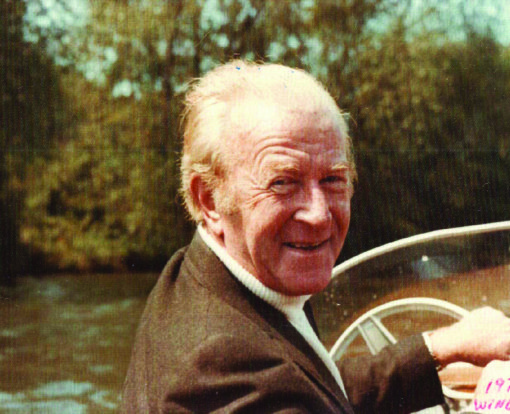Remembering the stories of the brave men and women who fought in the war
The best history books are packed with first-hand accounts, detailed anecdotes and unique perspectives that reveal real human life stories from a distinct period in time.
As Remembrance Sunday approaches (13th November), the memories of those who have lived through times of war are firmly at the forefront of the nation’s minds.
While thousands of people have incredible stories to share of their experiences of these times, many keep these tales to themselves or fail to document them so they can be passed on to future generations.
Although 64 percent of Brits admit to being told war stories by their parents or grandparents* only eight per cent of these storytellers have managed to write them down. In fact, one in five of those who experienced the second World War first-hand has forgotten many experiences completely, meaning they have already missed the opportunity to document these important pieces of social history.
The importance of preserving these informative and irreplaceable insights led entrepreneur, Roy Moëd to create LifeBook – a bespoke autobiography service – which he set up in 2012 after encouraging his own father to document his memories.

My father was nearing the end of his life, was almost blind and felt he didn’t have much to contribute anymore,” comments Mr Moëd. “I wanted to find him a project to work on, something he could look forward to.
“I knew there would be stories from his past that he might feel a little uncomfortable sharing with me so I sent a friend to meet with him once a week so he didn’t have to hold back or have the worry of telling me a story he had already told me a thousand times.”
Forgotten war stories brought alive with the help of Surrey autobiography company
Mr Moëd’s father passed away before they were able to finish the book completely but provided the inspiration to set up LifeBook. The aim was to encourage other people to start the journey of storytelling, share their life stories and leave a lasting legacy.
LifeBook sends an interviewer, weekly for a period of 12 weeks, to interview and record a person’s stories. After each session, their verbal recollections are turned into the written word – in the author’s voice –and then amended and edited as the author sees fit.
Once the chapters have been written and approved, they are then typeset into five hand-crafted, stitched linen-covered, 160-page hardback books, including up to 60 photographs.
To date LifeBook has helped several hundred people across 15 different countries document their stories for family and friends – many of them First and Second World War veterans.
Mr Moëd adds: “Although these books are very much something for the family of the authors to treasure for years to come they are often shared with friends and kept for, as yet, unborn grandchildren and great grandchildren.”

